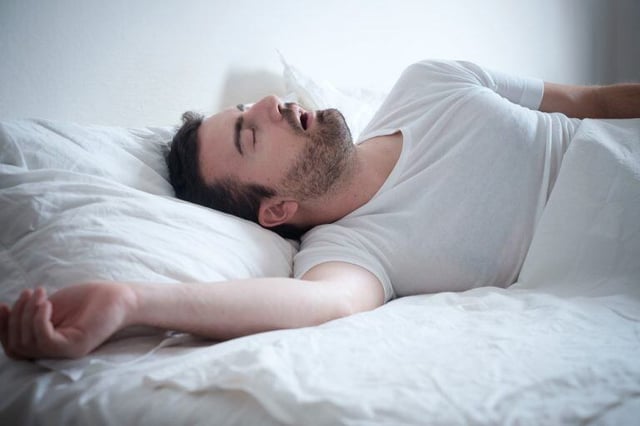Overview
- A large University of Adelaide study of over 70,000 people using under-mattress sensors found that 45 extra minutes of weekend sleep raised severe apnea risk by up to 47% and at least one hour of social jetlag increased it by 38%.
- Researchers identified a weekend “apnea social” effect with breathing interruptions up to 18% more severe on Saturdays than Wednesdays, especially among men and adults under 60.
- In a 30-participant randomized trial in Jaipur, daily shankh blowing for six months cut daytime sleepiness by 34%, reduced five apneas per hour on average and improved nighttime oxygen levels, prompting plans for a larger multicenter study.
- Apnimed reported positive Phase 3 results for its investigational AD109 pill in CPAP-intolerant adults, but full safety and efficacy data await peer-reviewed publication and FDA review expected in early 2026.
- Clinicians stress that CPAP remains the evidence-based gold standard for sleep apnea and that behavioral, mechanical or pharmacological alternatives require further validation before widespread clinical adoption.


